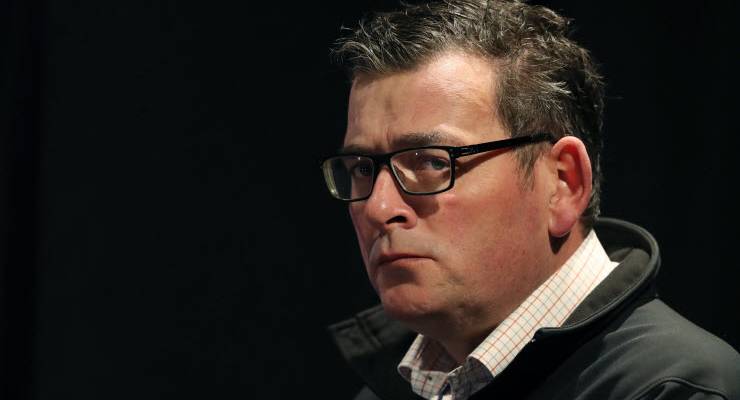
When Victorian Premier Daniel Andrews faced the media to announce details of workplace closures around the state, he acknowledged Victoria had few options left. If these restrictions, harsher than anything we’ve ever seen in Australia, didn’t work, there was nowhere for Victoria to go but to “stage five”.
Andrews raised the prospect of stage five tentatively in his media release yesterday, while acknowledging that nobody could really guess what even tougher restrictions might mean.
“It’s hard to imagine what stage five would look like, but it would radically change the way people live,” Andrews’ press release yesterday read.
Confusingly, Andrews responded to media questions by saying “there is no stage five,” but said there would need to be further restrictions on people’s movement if the current lockdowns didn’t work.
With Melbourne emptied out, a policing blitz, and nightly curfew, it really is unclear how much more locked down the city can get. Stage five could well be another “shock and awe” tactic — an attempt to scare people into compliance.
University of Queensland associate professor and Mater Health Services’ director of infectious diseases Paul Griffin told Crikey that while it was hard to envisage what the next stage might look like, it would probably involve restricting movement and interaction between people even more.
“The current restrictions are very strict, but stage five might involve pushing harder at the things we have in place right now,” Griffin said. “Reduce the reasons to leave home, reduce the businesses considered essential, and restrict curfew even more to limit the time people are allowed out.”
Another stage could involve harsher penalties for people not complying with existing restrictions, he said.
There’s some optimism that the harshness of stage four restrictions will be enough to get Victoria’s outbreak under control. But a big part of the challenge in Melbourne is where transmission is occurring.
“The difficulty is once you have transmission occurring in environments you can’t close down — like nursing homes and among health care workers, it doesn’t really matter what restrictions you have. You’re going to take some time to reduce that transmission,” Griffin said.








Crikey is committed to hosting lively discussions. Help us keep the conversation useful, interesting and welcoming. We aim to publish comments quickly in the interest of promoting robust conversation, but we’re a small team and we deploy filters to protect against legal risk. Occasionally your comment may be held up while we review, but we’re working as fast as we can to keep the conversation rolling.
The Crikey comment section is members-only content. Please subscribe to leave a comment.
The Crikey comment section is members-only content. Please login to leave a comment.